Beware Mutual Funds' Shifting Styles
Market upheavals can quickly swing industries from growth to value and back again -- and knock your portfolio off balance.

Profit and prosper with the best of Kiplinger's advice on investing, taxes, retirement, personal finance and much more. Delivered daily. Enter your email in the box and click Sign Me Up.
You are now subscribed
Your newsletter sign-up was successful
Want to add more newsletters?

Delivered daily
Kiplinger Today
Profit and prosper with the best of Kiplinger's advice on investing, taxes, retirement, personal finance and much more delivered daily. Smart money moves start here.

Sent five days a week
Kiplinger A Step Ahead
Get practical help to make better financial decisions in your everyday life, from spending to savings on top deals.

Delivered daily
Kiplinger Closing Bell
Get today's biggest financial and investing headlines delivered to your inbox every day the U.S. stock market is open.

Sent twice a week
Kiplinger Adviser Intel
Financial pros across the country share best practices and fresh tactics to preserve and grow your wealth.

Delivered weekly
Kiplinger Tax Tips
Trim your federal and state tax bills with practical tax-planning and tax-cutting strategies.

Sent twice a week
Kiplinger Retirement Tips
Your twice-a-week guide to planning and enjoying a financially secure and richly rewarding retirement

Sent bimonthly.
Kiplinger Adviser Angle
Insights for advisers, wealth managers and other financial professionals.

Sent twice a week
Kiplinger Investing Weekly
Your twice-a-week roundup of promising stocks, funds, companies and industries you should consider, ones you should avoid, and why.

Sent weekly for six weeks
Kiplinger Invest for Retirement
Your step-by-step six-part series on how to invest for retirement, from devising a successful strategy to exactly which investments to choose.
Smart fund investors balance growth and value in their portfolios. The two flavors often rally and retrench at different times, so holding both smoothes a portfolio's ups and downs. But upheavals in the markets and the economy mean whole industries can quickly swing from growth to value, or from value to growth. And some get stuck in between the two, which puts them into what we at Morningstar call the blend category. When that happens, you need to evaluate your portfolio to make sure it hasn't become too weighted to growth or value, or too concentrated in just a few industries.
Some industries are easy to assign to a category. The financial industry is in the value camp (more so since the sector collapsed in 2008), and biotech is clearly on the growth side. But what about energy and the rest of health care? The lines have blurred in those and other sectors.
Bear markets often single out one or two sectors and lay waste to them. Financial stocks felt the brunt of the bear during the 2007-09 disaster. During the 2000-02 downturn, technology stocks took the harshest beating. Technology used to be considered the prototypical growth sector. But many tech stocks have been down so long that they're now being purchased by value investors.
From just $107.88 $24.99 for Kiplinger Personal Finance
Become a smarter, better informed investor. Subscribe from just $107.88 $24.99, plus get up to 4 Special Issues

Sign up for Kiplinger’s Free Newsletters
Profit and prosper with the best of expert advice on investing, taxes, retirement, personal finance and more - straight to your e-mail.
Profit and prosper with the best of expert advice - straight to your e-mail.
Style switch. Not only does market turmoil make it hard to strike a good growth-value balance, but some funds, including some of the very best, change their stylistic stripes from time to time. For instance, Fairholme Fund (symbol FAIRX), a member of the Kiplinger 25, recently went from holding mostly growth stocks to holding mainly value stocks, and from owning stocks of large companies to owning stocks of smaller ones. The change reflects manager Bruce Berkowitz's shift from energy and drug stocks to financial firms (now 51% of his portfolio).
Fairholme has indeed changed its style, according to the way Morningstar determines such things. (Figuring the size of a fund's holdings is straightforward. Categorizing a fund's holdings on the value-growth spectrum takes far more work. We score holdings using ten fundamental measures, including price-earnings ratio, dividend yield, historical earnings growth and projected earnings growth.) But Berkowitz hasn't really changed his strategy: He has always looked for companies trading at a steep discount to their intrinsic value. Still, as a Fairholme shareholder, I plan to study my overall portfolio to make sure I'm not betting the house on financials.
While Fairholme was gravitating to value, Royce Special Equity Investment (RYSEX) was drifting toward growth, even though manager Charlie Dreifus hadn't made major changes to the portfolio. That's because Dreifus is a stickler for clean accounting and healthy balance sheets, and investors have been valuing companies with those sorts of attributes more highly since the recession began a few years ago. In other words, Special's holdings sport higher P/Es than they once did, helping push the fund into growth-style territory. Because the fund's sector weightings haven't changed much, I wouldn't be too concerned about the move.
Of course, you can protect your portfolio from overlapping holdings by investing entirely in index funds or by sticking with actively managed funds that come with strict limitations. But then you're missing the chance to buy funds with great managers whose strategies are flexible enough to allow them to strut their stuff in different kinds of investing environments.
So, especially in these turbulent times, periodically review your portfolio to see whether it has drifted too far in one direction. Be sure you own both value and growth funds, and funds that invest in small and large caps. When the inevitable ups and downs occur, you'll be satisfied that you have all the bases covered.
Columnist Russel Kinnel is director of mutual fund research for Morningstar and editor of its monthly FundInvestor newsletter.
Profit and prosper with the best of Kiplinger's advice on investing, taxes, retirement, personal finance and much more. Delivered daily. Enter your email in the box and click Sign Me Up.
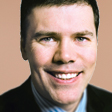
-
 How Much It Costs to Host a Super Bowl Party in 2026
How Much It Costs to Host a Super Bowl Party in 2026Hosting a Super Bowl party in 2026 could cost you. Here's a breakdown of food, drink and entertainment costs — plus ways to save.
-
 3 Reasons to Use a 5-Year CD As You Approach Retirement
3 Reasons to Use a 5-Year CD As You Approach RetirementA five-year CD can help you reach other milestones as you approach retirement.
-
 Your Adult Kids Are Doing Fine. Is It Time To Spend Some of Their Inheritance?
Your Adult Kids Are Doing Fine. Is It Time To Spend Some of Their Inheritance?If your kids are successful, do they need an inheritance? Ask yourself these four questions before passing down another dollar.
-
 How I'm Going to Invest My Mega Millions Lottery Jackpot
How I'm Going to Invest My Mega Millions Lottery JackpotThe odds of winning the Mega Millions lottery are effectively zero, but here's how I'm investing my fortune should I hit the jackpot.
-
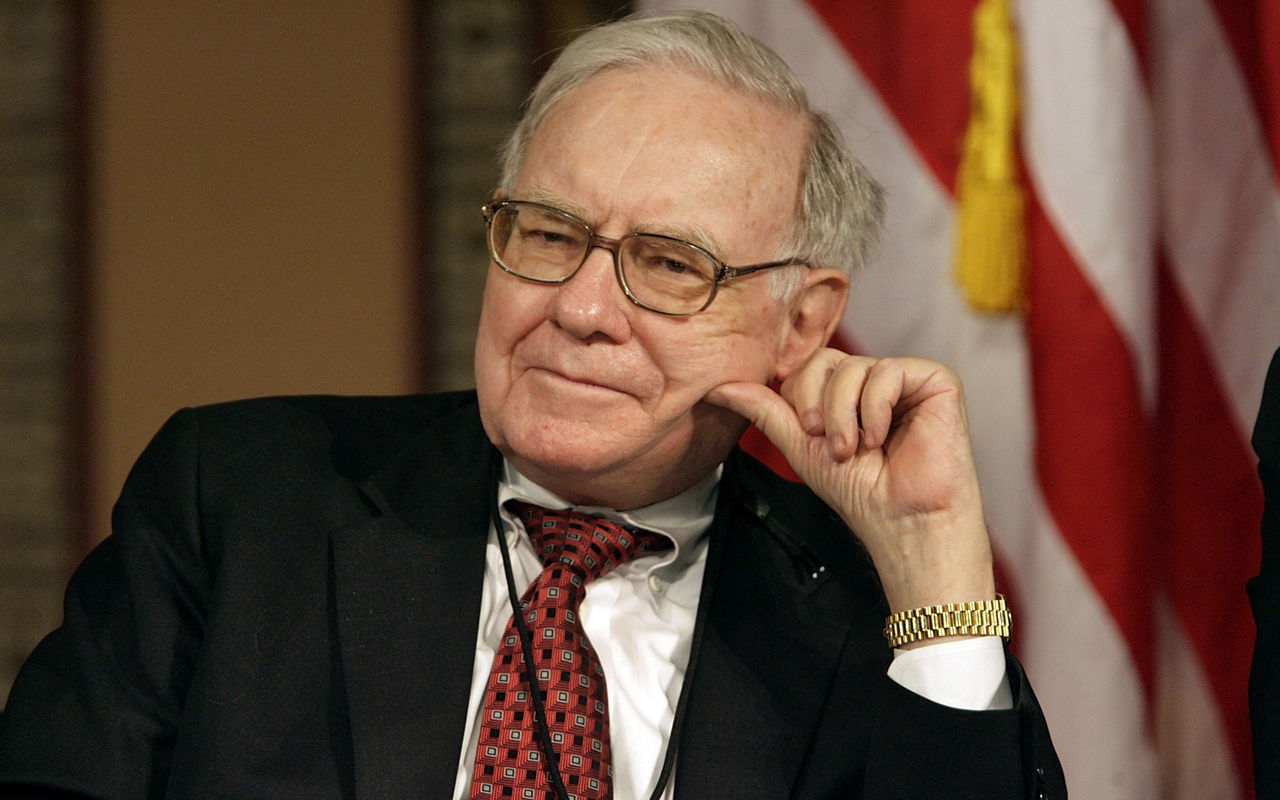 Four Random Facts and Thoughts About Warren Buffett
Four Random Facts and Thoughts About Warren BuffettIf I love Warren Buffett so much why don't I just marry him?
-
 Investing in Gold Is Dumb
Investing in Gold Is DumbStocks are better than gold for both generating wealth and offering protection against inflation.
-
 What's So Scary About a Mega-Cap Tech Bull Market?
What's So Scary About a Mega-Cap Tech Bull Market?Bears say the market can't keep rallying when only five mega-cap tech stocks are driving returns, but history suggests otherwise.
-
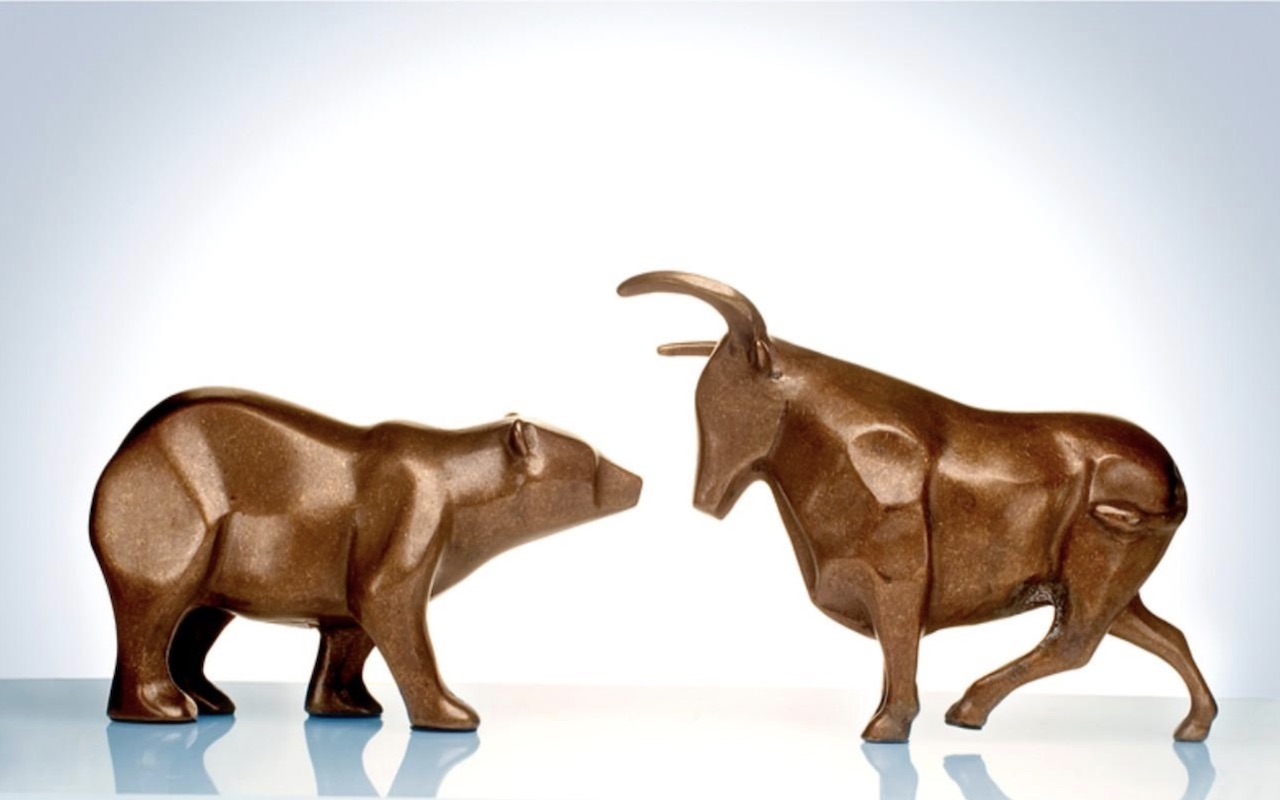 We Are Not in a Bull Market
We Are Not in a Bull MarketIt takes more than a 20% gain off the low to proclaim the beginning of a new bull market.
-
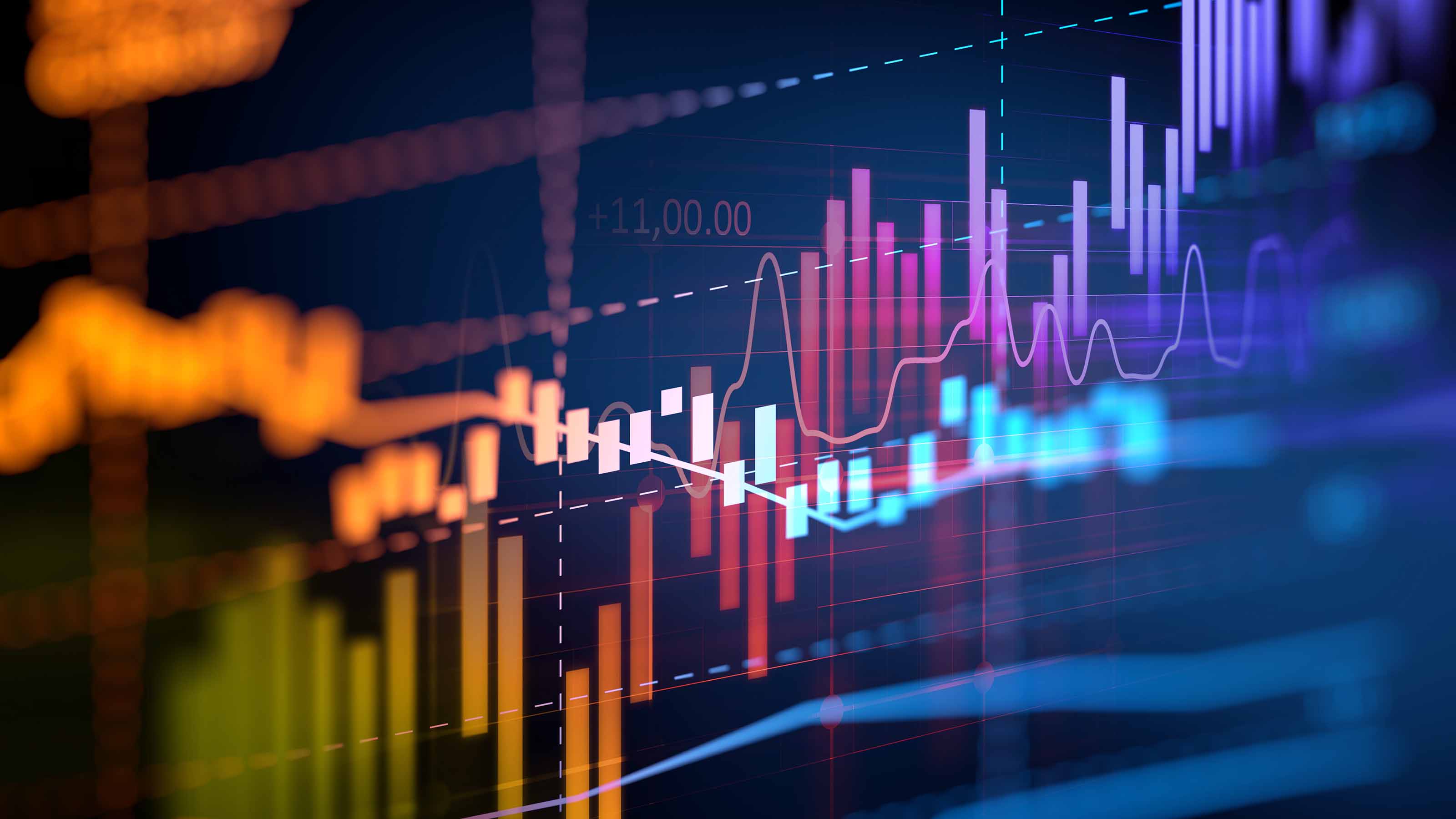 Why I Don't Buy Stocks
Why I Don't Buy StocksIt's nearly impossible to beat the market – but it is cheap and easy to match it.
-
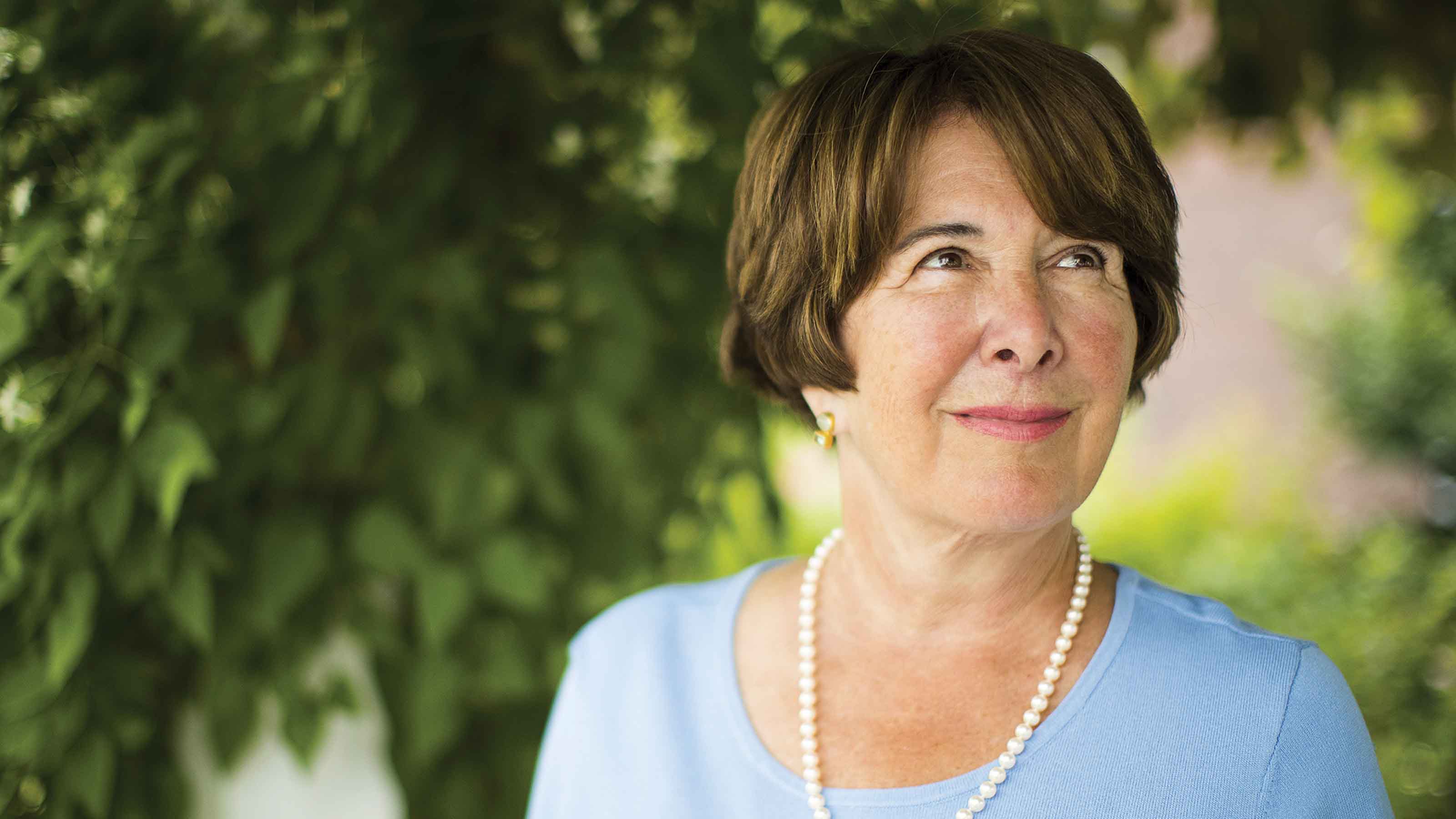 Amy Domini on the Secrets of Sustainable Investing
Amy Domini on the Secrets of Sustainable InvestingESG An ESG pioneer says finding good corporate citizens is the best way to make money.
-
 Bitcoin Halving: What Does It Mean for Investors?
Bitcoin Halving: What Does It Mean for Investors?Technology 'Mining' for this cryptocurrency just became a lot more expensive